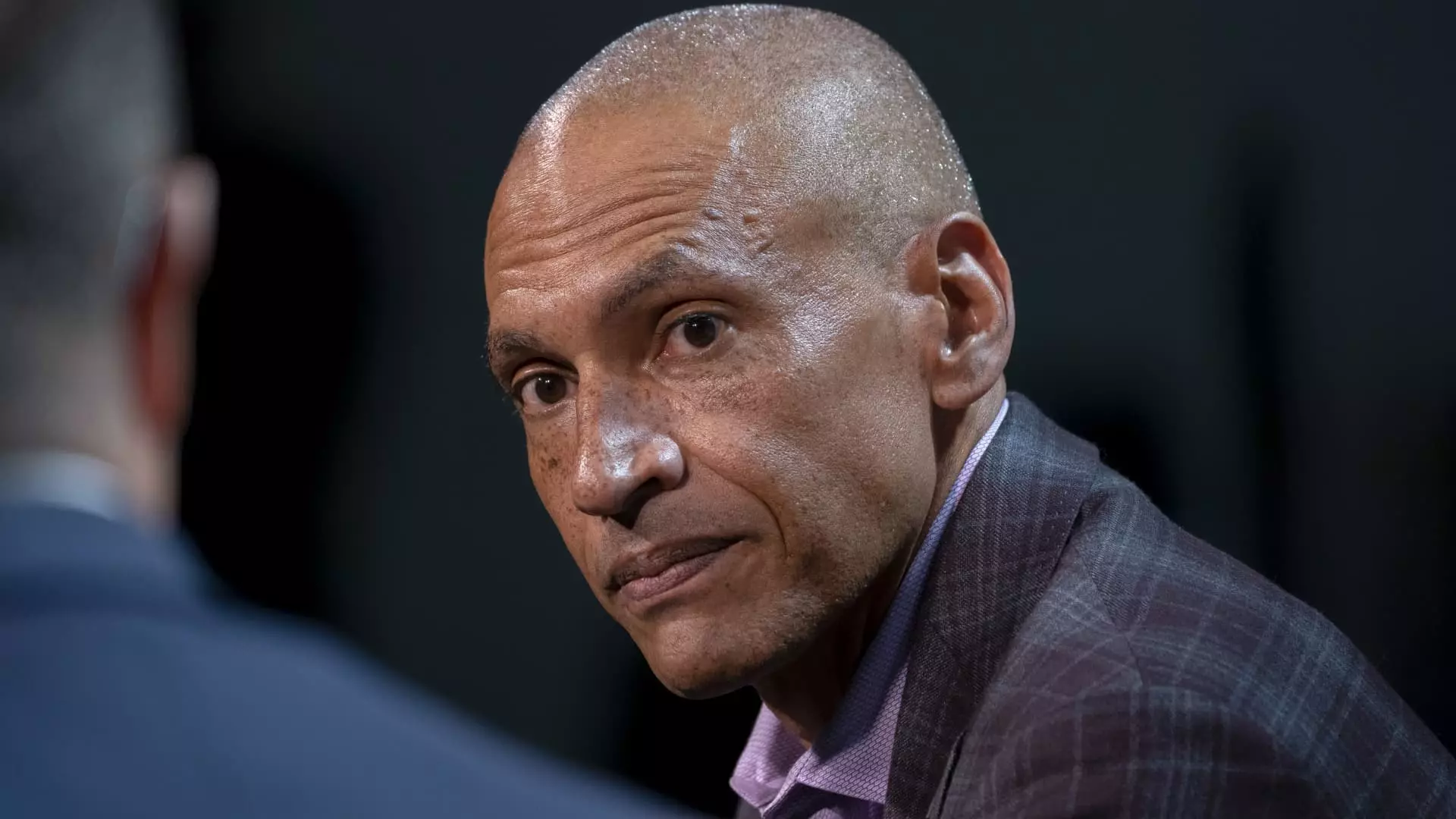In a significant development within the corporate landscape, Chris Young, Microsoft’s head of business development, has announced his resignation after a noteworthy four-year tenure. Young’s exit comes on the heels of several pivotal achievements, including the historic acquisition of Activision Blizzard, valued at $68.7 billion—the largest deal in Microsoft’s history. His departure, confirmed in a recent regulatory filing, leaves a notable gap in the company, as no successor has been named to fill his role.
Young’s Journey: From Cybersecurity to Corporate Strategy
Chris Young’s career trajectory reflects a blend of technological prowess and strategic foresight. Before joining Microsoft in 2020, he served as CEO of McAfee, leading the company’s transition away from Intel. His resume further boasts executive roles at Cisco and RSA, where he honed his skills in cybersecurity and business development. At Microsoft, he was not just a high-ranking executive; he was a key member of the senior leadership team, collaborating closely with CEO Satya Nadella and CFO Amy Hood on major corporate initiatives.
Highlighting Young’s contributions, Microsoft cited his role in expanding partnerships with pivotal players like OpenAI, and forging newer alliances such as the advertising accord with Netflix. His stewardship over the corporate venture capital arm, M12, also saw strategic investments in emerging startups that are shaping the future of technology.
Financial Success Amidst Leadership Transition
In the fiscal year 2024, Chris Young’s value to Microsoft was acknowledged with a staggering compensation package of $12 million, underscoring his importance within the corporate hierarchy. As one of the highest-paid employees, his financial rewards reflect both his expertise and the trust placed in him by the organization. However, this compensation does not solely define his legacy at Microsoft. His leadership extended beyond financial metrics; he provided a vital voice in discussions around diversity and inclusion within the tech sector, helping to position Microsoft as a leader in these crucial conversations.
The resignation of such a key figure raises pressing questions about the future direction of Microsoft’s business development. With Young’s exit, the company may need to reconsider its operational strategies and partnerships, especially given his integral role in high-stakes negotiations and acquisitions. It remains to be seen who will step into this critical position and how they will steer Microsoft’s endeavors post-Young.
Moreover, as the tech industry continues to grapple with economic uncertainty, Microsoft’s ability to maintain momentum in its strategic initiatives will be crucial. The effectiveness of M12 and the partnerships Young cultivated, especially with startups in the artificial intelligence space, will need to be preserved to sustain innovation and growth.
In the evolving landscape of technology and corporate governance, Chris Young’s resignation highlights the ongoing shifts within leadership ranks not just at Microsoft, but across the industry. With companies like Amazon halting diversity programs and Meta retracting similar initiatives, Young’s advocacy for diversity and inclusion stands in stark contrast to these trends. This situation raises broader questions about the future of corporate governance and the ethical implications of leadership decisions in the technology sector.
As Microsoft navigates this transition, stakeholders will be watching closely to gauge how the company adapts to the loss of a transformative leader while continuing to prioritize innovation, diversity, and strategic partnerships. The focus now shifts to the next chapter in Microsoft’s journey and how it will address these emerging challenges.


Leave a Reply